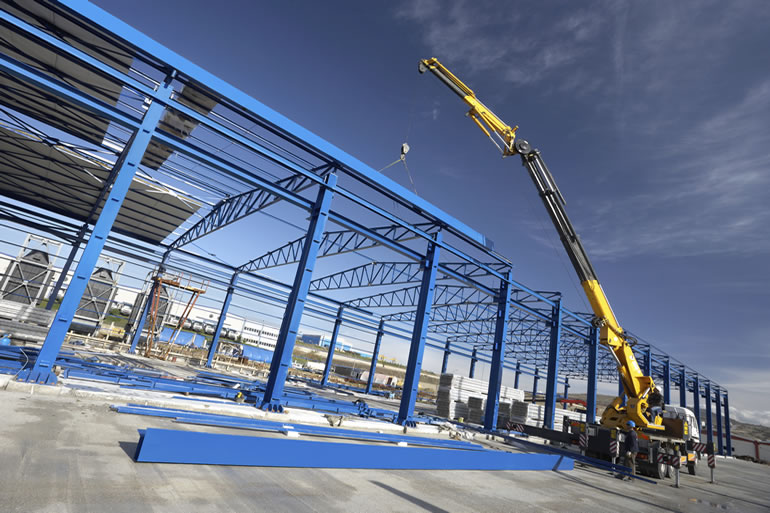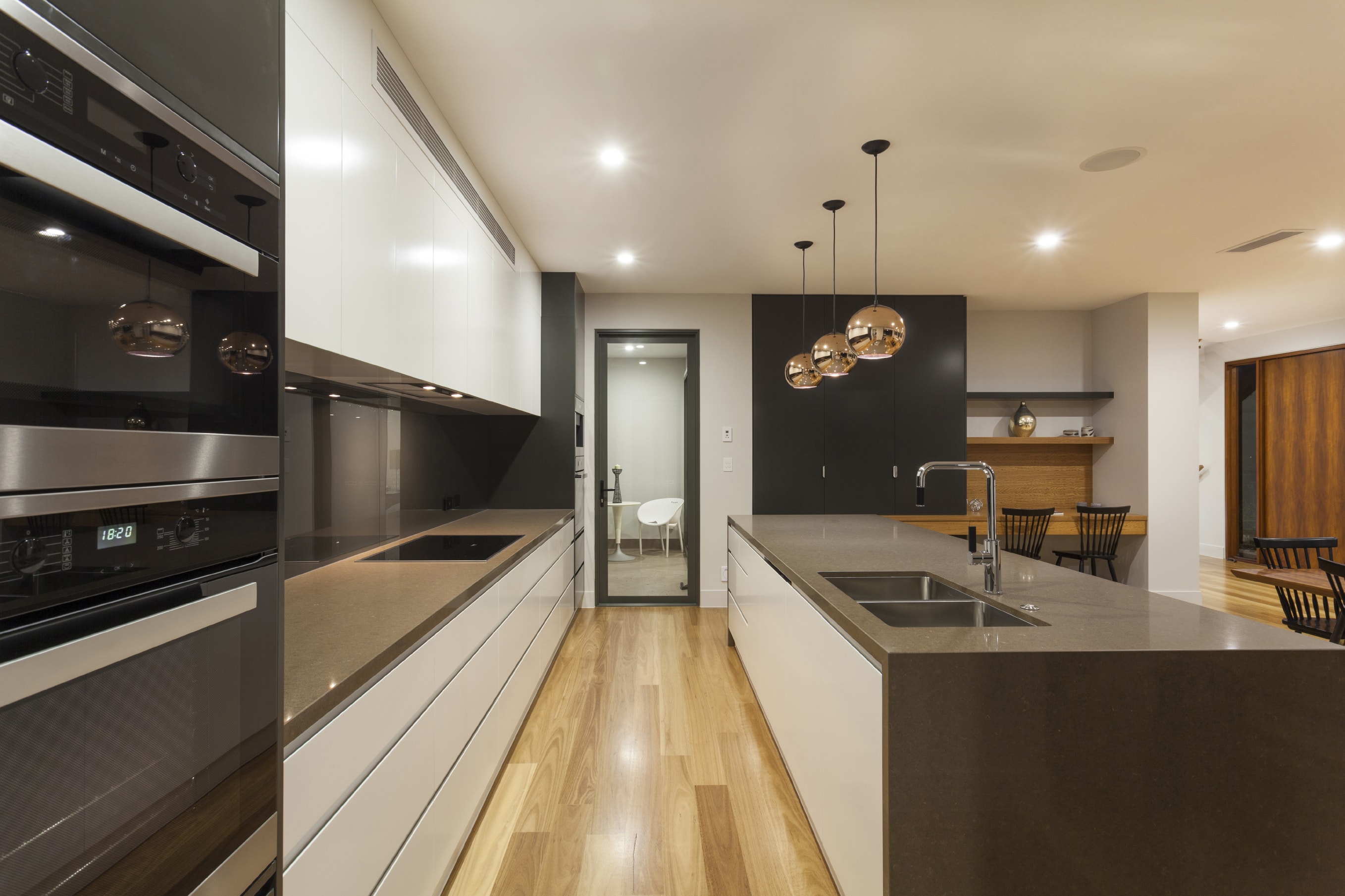Blogtext 1
Juli, 2015


Blogtext 1

The startling fact that a growing percentage of the population simply cannot afford a new home should encourage us to find solutions for economical starter homes. The American Dream of owning a home has been derailed by several factors, including rising land and construction costs. Also, many first-time buyers have very high (and perhaps unrealistic) expectations. They want the same amenities and materials they enjoyed in their Baby Boomer parents’ home or their luxury apartment.
Just as all other market segments have become diversified, so have first-time buyers. Some are single and seeking locations close to work and recreation, while others focus on local schools and child-friendly neighborhoods. Although the following design concepts offer a variety of ideas, they all share basic components: living and dining areas that flow into each other, outdoor spaces that enhance the indoor square footage, and open floor plans with particular attention to maximizing spaces on a visual level. Providing affordable and functional starter homes might be the greatest challenge our industry now faces. These ideas can help. As always, we welcome any comments or suggestions.
Source: http://www.probuilder.com/house-review-starter-homes

With today’s technology, modular homes can be built in any style, and completion time for a home can be reduced by up to 50 percent.
There are misconceptions that modular homes mean cheap, low quality, have no design flair, and are basically glorified trailers. But many builders today are redefining what a modular home looks like, and building modular can help builders become greener. Analysts project that 2015 will become the „breakout year for modular homes,“ as U.S. News reported.
Here’s a list of nine other ways going modular can benefit the builder:
1. Any Architectural Style Is Possible.
Affordable, modular homes in Kvistgård, Denmark, 2008.
2. It’s Faster. Project Completion Time Can Be Reduced By 25 To 50 Percent.
Modular Cape Cod cottages in Heritage Sands by CapeBuilt Development in Newburyport, Mass. Read more about the project here.
3. It’s Greener. The Need For Waste Removal On The Building Site Is Significantly Reduced.
This 2,400-square-foot ski retreat in Killington, Vt., features big, chalet-style windows and additional windows throughout each room that allow plenty of light and views from the mountaintop site.
4. The Amount Of Space Needed On Site For Staging And Stockpiling Materials Is Greatly Reduced.
Bald Hill Builders in Sharon, Mass., used modules from KBS Builders, in South Paris, Maine, to assemble this three-unit townhouse building in New York City. Bald Hill considers the logistics and scheduling of each project before determining if modular is the best option. Photo: Bald Hill Builders
5. Site Work Can Be Delayed To Occur During The Factory Process, Which Limits The Project’s Impact On The Neighborhood.
A modular home in the Czech republic by Koma Modular Construction, s.r.o. Photo: Wikimedia Commons
6. Factory Labor/Material Rates Are Lower Due To The Manufacturer’s Buying Power—Savings That Are Passed Along To The Builder.
Low-maintenance interior materials help cottage dwellers of Heritage Sands make the most of precious time spent at the beach. Interior design is by MacKenzie & Mae Interiors, in Hyannis, Mass.
7. Modular Homes Are Much Stronger Than Stick-Built Homes Because The Modules Are Over-Engineered To Withstand The Rigors Of Travel.
Karoleena’s homes in Okanagan falls, B.C., are built with a proprietary steel core that makes them extremely strong. Ductwork, wiring, and plumbing are run through the floor, allowing for large interior spaces and a modern look. Photo: Steve Dutcheson Photography
8. Large-Volume Tract Builders Can Adjust Their Production Up Or Down In Any Given Month Based On Sales, Without Added Construction Overhead Or Extra Staff.
9. Modular Companies Can Help Smaller Builders Who Typically Service The On-Your-Lot Buyer Contain Their Soft Costs And Market Their Homes More Competitively.
Ritz-Craft’s Restore the Shore Collection is designed for areas that were ravaged by Hurricane Sandy.
Source: http://www.probuilder.com/9-reasons-go-modular

Blogtext 3

For decades, Home Innovation Research Labs has been polling builders nationwide about which products they most rely upon. Now, the results are available to you.
You may know Home Innovation Research Labs (formerly known as the NAHB Research Center) as the third-party certification firm that helps product manufacturers overcome barriers to market entry (as well as the folks whose average workday may involve, say, shooting 2x4s out of a cannon). But HIRL, an internationally accredited testing ground for code compliance, is now publishing the research it does that tracks not what brands of products builders are thinking of spec’ing or prefer to spec, but what they’ve actually spent money on. “We are producing demand data,” says Mike Luzier, President and CEO of HIRL, who points out that many other studies look at preference rather than purchase. Still others contain proprietary data that’s not readily available. “It’s far more useful and actionable information than opinion,” says Luzier of the Brand Use Survey. “It reflects actual sales. People have parted with their hard-earned money to purchase the product.”
The method is meticulous, with intense care taken to ensure that the sample accounts for what’s really going on in the marketplace. HIRL breaks the country up into 32 discrete areas that run mostly along state lines. By and large, they’re the same market areas that were used during the 1970s, when HIRL first started examining builder preferences, and they hew to those used by the National Association of Home Builders and the Census Bureau, says Ed Hudson, director of market research at HIRL. Responses are weighted by builder volume: Data gathered must be proportional to housing starts to ensure that a particular region isn’t over- or under-represented.
“Because of our understanding of the industry, it’s not actually that hard to put this together,” says Luzier, who boasts about Hudson, HIRL’s resident data obsessive, being a former carpenter with an encyclopedic knowledge of home building. “The main challenge is getting a representative sample so that the information is truly indicative.”
Credit: http://www.probuilder.com/brands-builders-buy-most